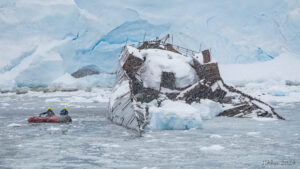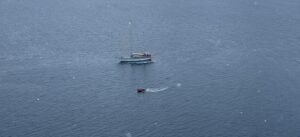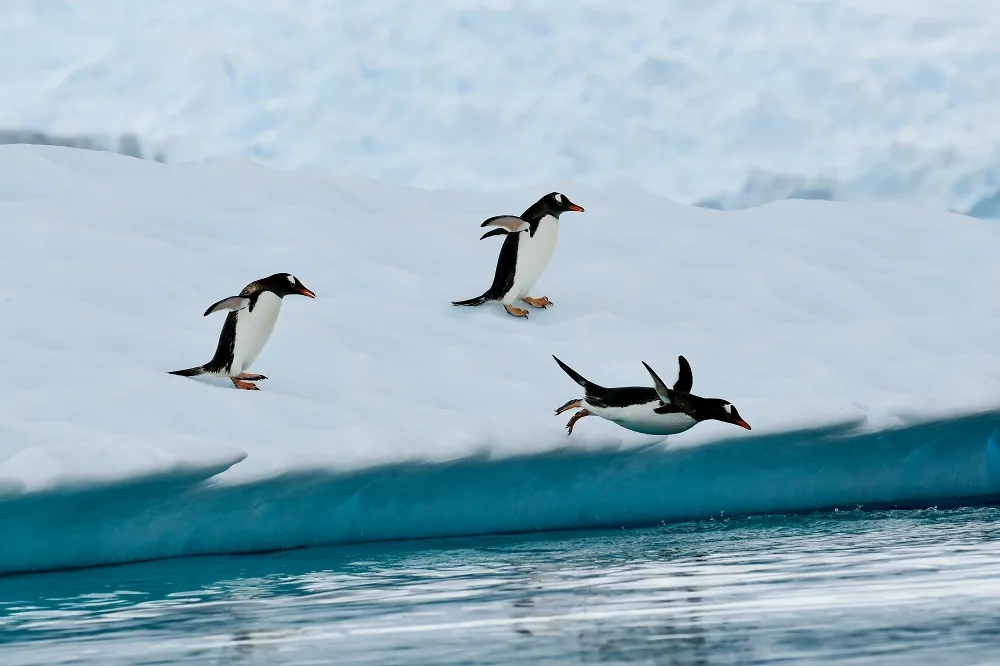Meet Casey Youngflesh
Guest Scientist
Antarctica – January 16 – February 6 2016
Currently a Ph.D. candidate in the Department of Ecology and Evolution at Stony Brook University, Casey is conducting field research in the Antarctic, exploring the impacts of rapid climate change on the Antarctic ecosystem.
Having spent his youth between the Rocky Mountains of Colorado and the California coast, Casey developed an appreciation and fascination with the natural world at a young age. He received his B.S. in Ecology and Evolution from the University of California – Santa Cruz, and later went on to complete a Masters of Conservation Biology at the University of New South Wales in Sydney, Australia.
The 2016 field season is his second in the Antarctic, though previous work has taken him to a variety of locales, from the Galápagos Islands to the Alaskan coast. Casey has been involved with a number of research projects in the past; affording him the opportunity to work with a diverse set of organisms, including various species of seals and sea lions, the critically endangered California Condor, and threatened skink populations. Additional work includes a brief stint as a member of the science team at a major marine conservation organization in Washington, DC.
Casey’s research interests are focused on using penguins as indicators of ecological change along the Antarctic Peninsula – work he’ll be continuing while aboard the Ocean Tramp this season. Current projects include exploring large-scale shifts in penguin diet, thought to be driven by changing oceanographic conditions in the region. He uses a variety of techniques and tools, including biochemical analyses of penguin guano, high-resolution spectrometry, and satellite imagery, to better understand Antarctic ecosystem dynamics. He ultimately hopes to use the Antarctic ecosystem to better understand how warming temperatures worldwide might impact sensitive ecosystems, and is dedicated to developing a more comprehensive understanding of linkages between the biotic (living) and abiotic (non-living) systems.
Read more about Quixote Expeditions and their work with scientists here











